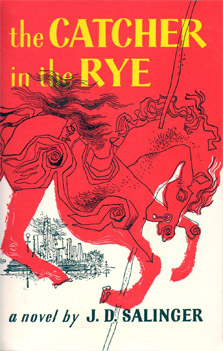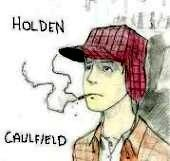2015 began with us reading “The Outsider” by Albert Camus. Depending upon the translation, it is also known as “The Stranger”.
This novel was shorter than our normal reads – I’m sure some of us were glad of that!
A summary of the novel can be found here: http://www.enotes.com/topics/stranger
Meursault – the main character and narrator seems to lack empathy and emotion. We are introduced to him at the beginning of the novel when he attends his mother’s funeral. There is a large emphasis on his failing to cry at this event, however as we begin to learn throughout, there are a lot of “human” things that Meursalt fails to express.
The shortness of the The Outsider is representative of the fact that only the necessary facts are disclosed to the reader. It has been narrated in a very matter-of-fact tone – Meursalt is an honest man, he speaks his mind and does not conform to the typical views of society, hence the title.
Albert Camus revealed that many readers have misinterpreted the message he was trying to portray in this novel. Whilst some people excuse Meursalt’s apathy as being an illness, others have interpreted him to simply be evil. Camus remarked:
I summarized The Stranger a long time ago, with a remark I admit was highly paradoxical: ‘In our society any man who does not weep at his mother’s funeral runs the risk of being sentenced to death.’ I only meant that the hero of my book is condemned because he does not play the game.
When researching society at the time of The Outsider’s publication (1942), it is apparent that after WW1, many European authors began to question life and man’s existence. Camus did not believe in God or an afterlife, and was known to have strong ideas about the fact that life was existentially pointless; nothing that man does on Earth will make a difference. The Outsider begins with death, and ends with death, as does life. Does anything we do in between change anything?
This attitude made the discussion at book group somewhat difficult! Some of us like to find hidden themes and metaphors linking to greater ideas when we discuss books, however the style of The Outsider didn’t seem to permit this! It was hard to accept that perhaps Camus meant this book to remain as it was, with no need to tear it apart and read into things that were never there. Our automatic reactions to try and find more within this novel proves Camus right in his assumption that people are forever trying to find purpose and meaning within their lives, when maybe they just shouldn’t bother!
As one can probably imagine, the discussion at book group did not last as long as normal, providing the perfect opportunity for a catch up and to discuss any other books that people had managed to fit in over the past month :).





